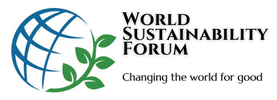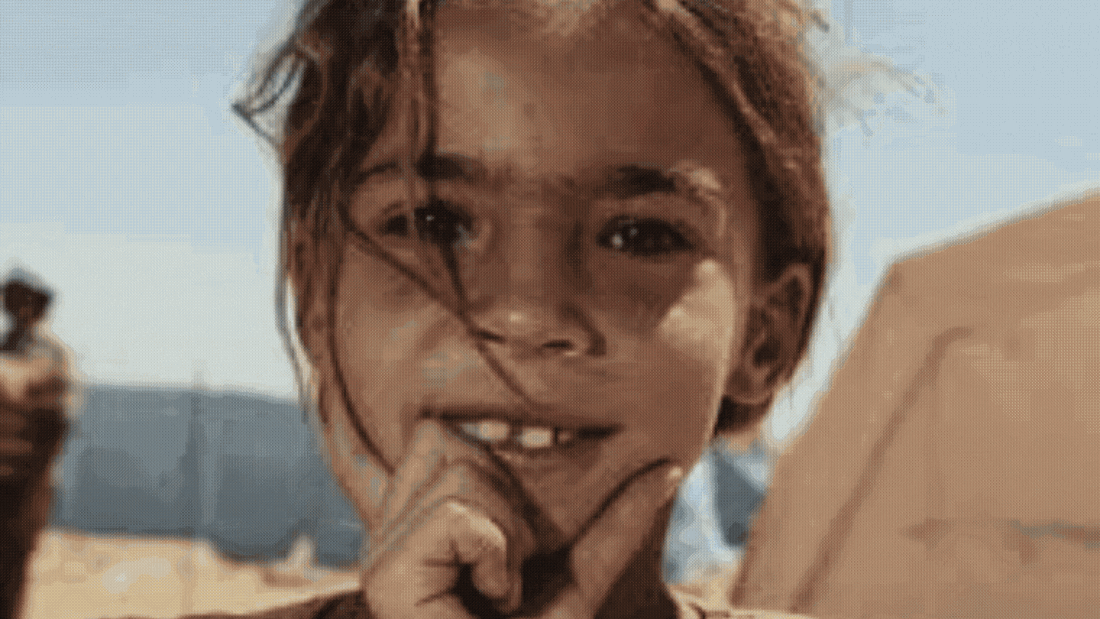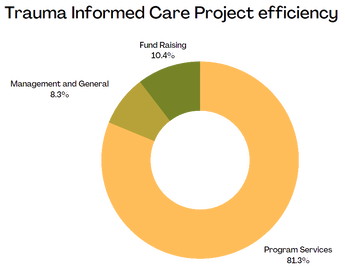|
The Challenge:
Globally, there are more than 100 million forcibly displaced people including refugees, internally displaced persons and asylum seekers who have fled their homes to escape violence, conflict and persecution. Of these it is estimated that 30% suffer from mental health issues including trauma. At the same time, there is a significant global mental health gap. In high-income countries, 35–50% of people with mental health care needs lack access; in low-income countries, the estimate is closer to 90%. Victims and witnesses of human rights abuses caused by war, torture, human trafficking, and other types of persecution are among the most vulnerable people. Survivors of such terrible events may endure post-traumatic stress disorder (PTSD), despair, and anxiety without care for their emotional well-being, which may result in issues like substance abuse, homelessness, chronic illness, poverty, and more. The shortage of qualified mental health experts makes it difficult to provide comprehensive mental health care to populations worldwide. Few Trauma Informed Care trained psychologists, social workers, and other mental health professionals are available in low-income nations. Even when there are few specialists, they frequently lack the resources necessary to deal with serious trauma and are unable to treat the large number of people who are both directly and indirectly affected by human rights violations. Cases:
Mental health workers and doctors report that thousands of Ukrainian refugee children displaced by war show severe symptons of psychological trauma. "I have seen children with catatonic symptoms. Many of them stopped speaking, others cannot move their hands or fingers. They just freeze," says Ukrainian doctor Viktor Balandin. Many survivors and witness of the ongoing horrors are deeply traumatized. Tragically, theirs is a global plight. One of the many young victims of the war in Yemen, six year old 'Elham' roams aimlessly around the settlement of tents that is now her home. She claps her hands, mutters incomprehensibly and, from time to time, screams hysterically to nobody in particular. She is one of about 5.500 people who have fled to Al Mazraq Camp in Yemen. Elham suffers from deep psychological trauma. 'Abdulaziz' is nine years old. Three weeks ago, he watched soldiers murder his parents and siblings. He now looks after his little brother. Abdulaziz and his brother are the only survivors from a family of seven. For Abdulaziz, the lack of control and feelings of powerlessness are particularly difficult. “If your mental health is not good, how are you supposed to move forward? I need someone to talk with. I think it is one of the most important things for us. It could ... stop those nightmares and the big depressions I have,” said 'Rafi'. Following the Taliban takeover, Rafi fled Afghanistan with many others who continue to grapple with psychological distress and trauma. Globally, the numbers of internally-displaced persons, refugees and asylum seekers have reached record highs. These populations may have been exposed to traumatic events such as the increased targeting of civilian populations in areas of conflict, loss or separation from family, a life-threatening journey to safety, long waiting periods, and complexities with acculturation. A sizable proportion are at risk of developing psychological symptoms and major mental illness, including high and persistent rates of posttraumatic stress disorder and depression that can persist for many years. This poses a major global and inter-generational public health crisis with serious implications for mental health. Providing appropriate, early, and ongoing mental health care to internally-displaced persons, refugees and asylum seekers benefits not only the individual but the host nation. It improves the chances of successful reintegration. In turn this has long-term social and economic benefits for their country of residence; benefits, which will likely impact not only the generation of internally-displace persons, refugees and asylum seekers but also subsequent generations. |
Trauma informed Care:
With treatments based on scientific knowledge about post-traumatic stress reactions endorsed by the World Health Organization, the person-centered Trauma Informed Care approach shall: alleviate peoples' suffering, protect and promote people and community health and well being as well as save money and promote prosperity. For, providing state-of-the-art mental health care to internally-displaced persons, refugees and asylum seekers benefits not only the individual but their host nation. It improves the chances of successful social reintegration. This, in turn, has long-term social and economic benefits for their country of residence; benefits, which will likely impact not only the generation of internally-displace persons, refugees and asylum seekers but also subsequent generations. Trauma Informed Care Programme Seeking to increase their numbers, the World Sustainability Forum welcomes donations to fund scholarships for the enrollment of practicing mental healthcare professionals in the Trauma Informed Care Programme. This programme is being offered with the Forum's Italian partner organisation -- the world renown Person Centered Approach Institute. This continuing education programme is designed for practicing mental healthcare professionals who seek updating and life-long learning. The Forum's scholarship fund provides enrolled students with a free, certificate-bearing, Master's level educational course. This English-language course is delivered online and with face to face on-site instruction. It includes a two one-week long intensive workshops in Turin and Rome, Italy. The Trauma Informed Care Programme is recognized by the Ministry of Health and the Ministry of Education, University and Research of Italy. Programme co-directors:
TIC partner organisations:
Donate to the Special Scholarship Fund for Trauma Informed Care The World Sustainability Forum welcomes donations to fund scholarships for the enrollment of practicing mental healthcare professionals in Trauma Informed Care. To donate through our sister organisation the University for Sustainability click here. Contact:
To comment on or inquire about the Trauma Informed Care programme click here and complete an inquiry form. |
The Forum welcomes donations to fund scholarships for the enrollment of practicing mental healthcare professionals in a Trauma Informed Care Best Practices Project offered with the Forum's partner organisations including the world renown Person Centered Approach Institute.
- To learn about the project click here.
|
© 2020 The World Sustainability Forum is a U.S. registered private not-for-profit organisation with offices in Santa Fe, Rome, and Madrid. All Rights Reserved. Terms of Use | Privacy Policy
|
|





